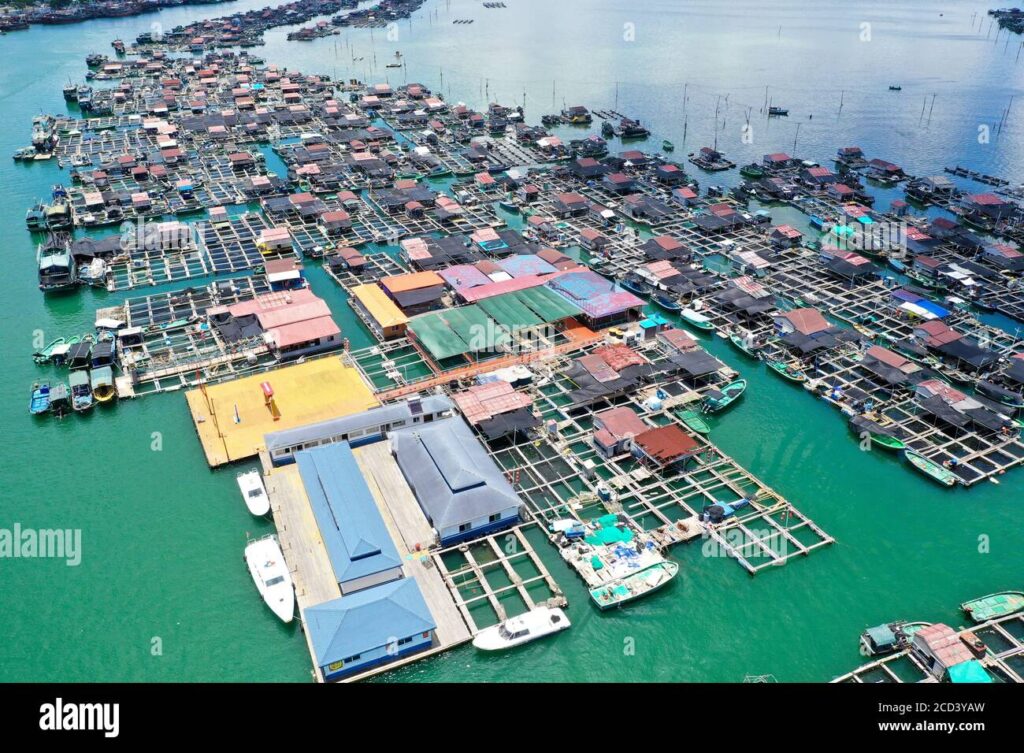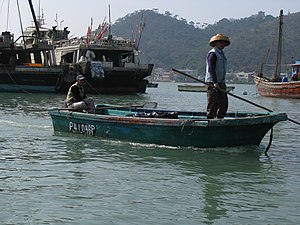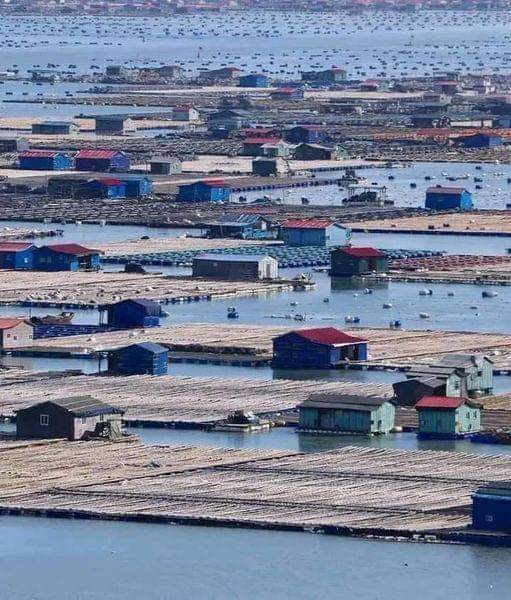
For over 1300 years, the Tanka people have lived a unique lifestyle, floating on the seas in a village entirely composed of boats. Known as “sea gypsies” by both the Chinese and British, the Tanka people form one of the most intriguing communities in the world. With a population of around 7,000, the Tanka people have built a life entirely based on water, continuing traditions and customs that have endured for centuries.
Life on Floating Boats
The homes of the Tanka people are not like typical houses; instead, they live on boats equipped with all the necessary facilities to support their way of life. Each boat contains living rooms, kitchens, and bathrooms, providing all the comforts of a regular home—just on water. Weddings, funerals, and other significant life events are all held on these boats, making their entire existence closely connected to the sea.
The Tanka people’s way of life revolves around water. They are coastal dwellers, with many working in the fishing trade or pearl diving. Others are involved in the salt industry. Fishing, however, remains central to their livelihood, and their fishing techniques are a testament to their ingenuity. One fascinating practice they are known for is night fishing, where they use bright torches to attract fish. The light stuns the fish, making it easier for them to catch.

A Unique Culture Preserved Over Centuries
Unlike many communities in China that have adapted to modern ways of life, the Tanka people have managed to preserve their traditional culture and lifestyle. Their language and dialect are distinct from Mandarin, which is the most widely spoken language in China. Despite the pressures of modernization, the Tanka people have held on to their heritage.
Their way of life remains deeply tied to the sea. It is said that for the last 1300 years, the Tanka people have not set foot on land, continuing a tradition passed down through generations. The ocean is not just their home; it is their livelihood, culture, and world.
The Sea as a Source of Life
The sea is central to everything for the Tanka people. From birth to death, their lives are lived on water. Fishing is a critical trade, and their deep connection to the sea has allowed them to excel in this field. Pearl diving is another important part of their economy. For some, the sea offers a livelihood through the salt industry.

Though relatively small in number, with a population of only 7,000, the Tanka people stand out for their strong cultural identity. Their ability to maintain their traditions while living in a fast-changing world is impressive.
The Tanka people, with their floating homes and unique way of life, represent a culture that has withstood the test of time. Their floating village, where life continues as it did 1300 years ago, remains a remarkable testament to human adaptation and resilience. Despite being called “sea gypsies” and living separately from mainland society, the Tanka people have maintained their traditions, their connection to the sea, and their unique place in the world.
Migration Of The Tanka People
The Tanka people’s settlement on the sea began due to social exclusion and marginalization by mainland Chinese society. Historically, the Tanka were considered an outcast group, often looked down upon by the dominant Han Chinese population. This social exclusion may have started during the Tang dynasty (618–907 AD) when the Tanka were forced to live on boats rather than on land.
Several factors contributed to this isolation. One belief was that the Tanka were descendants of defeated rebels or pirates who fled to the water to escape persecution. Another theory suggests that the Tanka people were skilled fishermen and sailors who naturally gravitated toward the sea for their livelihood. Over time, this seafaring lifestyle became a tradition passed down through generations.
Because of their status as outcasts, the Tanka were prohibited from living on land or marrying into mainstream Chinese society. This pushed them further into a life at sea, where they developed a self-sustaining community. Today, the Tanka people continue to live on boats, maintaining their culture and traditions while remaining close to the sea, which has been their refuge for over 1,300 years.





